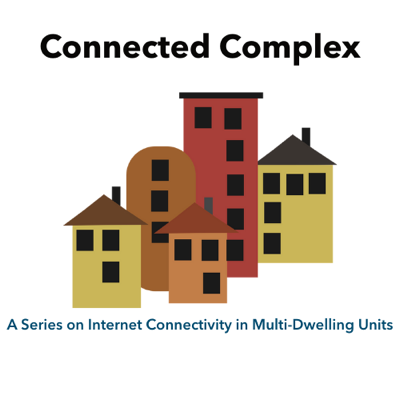Bill Would Reauthorize And Expand ReConnect To Include Communications Union Districts
U.S. Senators Peter Welch (D-Vt.) and Roger Marshall (R-Kan.) have introduced a bill that would not only reauthorize the USDA’s ReConnect Loan and Grant program.
As part of the reauthorization, the proposed legislation aims to improve and expand the program so that Communications Union Districts (CUDs) would be eligible for federal broadband subsidies.
According to the announcement, the reauthorization would set a baseline of symmetrical 100 megabits per second (Mbps) connections for broadband grants, up from the program’s dated current standard of 25/3 Mbps.
The bill also clarifies that the USDA can make grants, loans, or grant-loan combinations under ReConnect, and claims to “improve coordination and communication among stakeholders at the federal level.”
“The last few years have shown all of us how important high-speed broadband is to our communities. From online school and remote work to telemedicine, a good connection is essential,” Senator Welch said of the reauthorization.
“Many rural communities don’t have access to broadband at all, let alone the higher speeds needed to participate in today’s digital economy.”
The duo are quick to point out that over a third of Americans lack access to one or no broadband provider, and more than 45 million Americans lack fixed terrestrial 100 megabit per second (Mbps) downstream broadband, the Federal Communications Commission’s (FCC) minimum standard for broadband access.
















